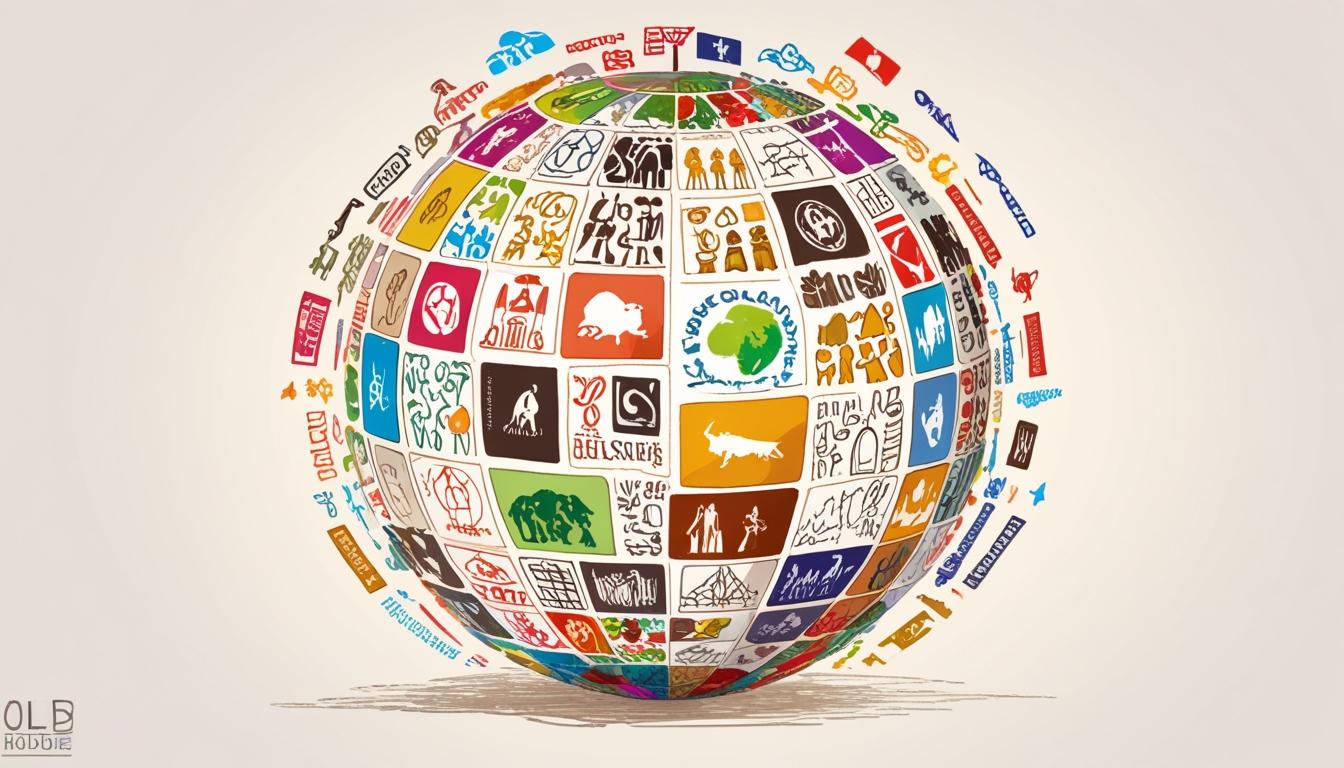For decades, Hollywood and the U.S. media industry have maintained a dominant position in global television and storytelling, shaping not only the entertainment content watched worldwide but also influencing perceptions of creativity, success, and narrative style. However, this pervasive influence has also led to a narrowing of cultural diversity, often sidelining unique voices and stories from regions beyond the American media sphere.
As the global media landscape begins to shift, prompted in part by changes within the U.S. administration focusing inward on domestic agendas and further consolidating its media power, there is a growing call from industry voices for other international markets to assert their independence. A German media thought leader highlighted this trend, expressing concern that the American model, while successful within its own cultural and economic context, should not be viewed as the universal blueprint for success in media. This critique points out that Hollywood's strategies, though effective in scaling and marketing, do not necessarily translate to success in diverse global contexts such as Lagos, Lisbon, or Lahore.
The effect has often been a global media environment characterised by homogeneous, formulaic content that prioritises replication of American styles over authentic creativity. The call now is for regional media industries to move away from seeking validation or permission from Hollywood and instead foster models that embrace local stories, values, and audience needs.
Europe is identified as a key player in this emerging paradigm shift due to its rich cultural heritage, creative talent, and established production infrastructure. Similarly, regions across Asia, Africa, and Latin America are recognised for their potential to form a new media ecosystem prioritising diversity over dominance. This approach advocates for reinvestment in indigenous storytelling, cultivating collaborations that respect equal partnerships rather than deference, and innovating in ways that respond to specific market conditions rather than replicating American giants like Netflix or Disney.
The overarching message underscores media as a powerful tool shaping societal identity and worldview, urging that storytelling reflect the varied realities and cultures that exist worldwide rather than an imported lens. For producers, broadcasters, and executives beyond the U.S., the challenge is to harness this moment to break away from Hollywood’s shadow and develop unique paths forward.
By cultivating a media environment where multiple voices contribute to a richer, more nuanced global narrative landscape, the industry can evolve beyond the era of American hegemony. These voices already resonate in creative hubs worldwide—Berlin, Seoul, Mumbai, São Paulo—where creators are crafting stories that speak authentically to their origins and experiences.
The TVREV publication is reporting this evolving perspective within the media industry, highlighting the growing momentum for international industries to redefine success and storytelling on their own terms, marking a pivotal moment in the diversification of global media culture.
Source: Noah Wire Services
